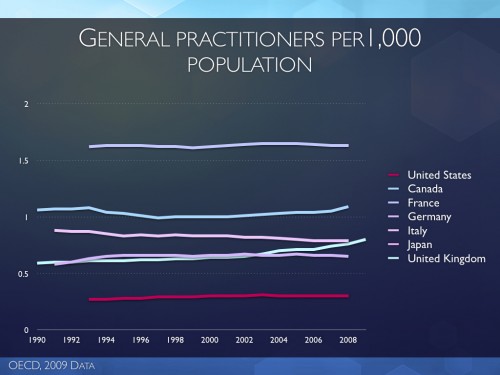R.Paul is an MD & I bet a follower of Jung:
"... Jung stressed the importance of individual rights in a person's relation to the state and society. He saw that the state was treated as "a quasi-animate personality from whom everything is expected" but that this personality was "only camouflage for those individuals who know how to manipulate it",[33] and referred to the state as a form of slavery.[34][35][36][37] He also thought that the state "swallowed up [people's] religious forces",[38] and therefore that the state had "taken the place of God"—making it comparable to a religion in which "state slavery is a form of worship".*
[36] Jung observed that "stage acts of [the] state" are comparable to religious displays: "Brass bands, flags, banners, parades and monster demonstrations are no different in principle from ecclesiastical processions, cannonades and fire to scare off demons".[39]
From Jung's perspective, this replacement of God with the state in a mass society led to the dislocation of the religious drive and resulted in the same fanaticism of the church-states of the Dark Ages—wherein the more the state is 'worshipped', the more freedom and morality are suppressed;[40] this ultimately leaves the individual psychically undeveloped with extreme feelings of marginalization.[41] ..."
From: http://en.wikipedia.org/wiki/Carl_Jung with bold and color added by BT. That part now blue is near a perfect discription of the US of today -controlled by the rich and powerful and their corportations, with state promissing much more than it can afford, so it will soon collapse in debt. About the time than Jung wrote this was when Democracy in America was written, telling the same but with more emphasis on the mutual corruption between voters and those elected (I´ll vote for whomever promisses the most with least need for me to pay for it.)
---------
* You can sure see that "worship" in the posts of some the posters here and in the general arrogant belief that the American way is always the best way.
This is such a strong faith that even facts cannot shake it. For example,The fact that Americans pay ~2.5 more for medical services and yet live at least 2 years less is still better system than the socialized medical services of Europe, etc.
Like Religious faiths, contradicting facts can be ignored when your faith is strong.
"... Jung stressed the importance of individual rights in a person's relation to the state and society. He saw that the state was treated as "a quasi-animate personality from whom everything is expected" but that this personality was "only camouflage for those individuals who know how to manipulate it",[33] and referred to the state as a form of slavery.[34][35][36][37] He also thought that the state "swallowed up [people's] religious forces",[38] and therefore that the state had "taken the place of God"—making it comparable to a religion in which "state slavery is a form of worship".*
[36] Jung observed that "stage acts of [the] state" are comparable to religious displays: "Brass bands, flags, banners, parades and monster demonstrations are no different in principle from ecclesiastical processions, cannonades and fire to scare off demons".[39]
From Jung's perspective, this replacement of God with the state in a mass society led to the dislocation of the religious drive and resulted in the same fanaticism of the church-states of the Dark Ages—wherein the more the state is 'worshipped', the more freedom and morality are suppressed;[40] this ultimately leaves the individual psychically undeveloped with extreme feelings of marginalization.[41] ..."
From: http://en.wikipedia.org/wiki/Carl_Jung with bold and color added by BT. That part now blue is near a perfect discription of the US of today -controlled by the rich and powerful and their corportations, with state promissing much more than it can afford, so it will soon collapse in debt. About the time than Jung wrote this was when Democracy in America was written, telling the same but with more emphasis on the mutual corruption between voters and those elected (I´ll vote for whomever promisses the most with least need for me to pay for it.)
---------
* You can sure see that "worship" in the posts of some the posters here and in the general arrogant belief that the American way is always the best way.
This is such a strong faith that even facts cannot shake it. For example,The fact that Americans pay ~2.5 more for medical services and yet live at least 2 years less is still better system than the socialized medical services of Europe, etc.
Like Religious faiths, contradicting facts can be ignored when your faith is strong.
Last edited by a moderator:


